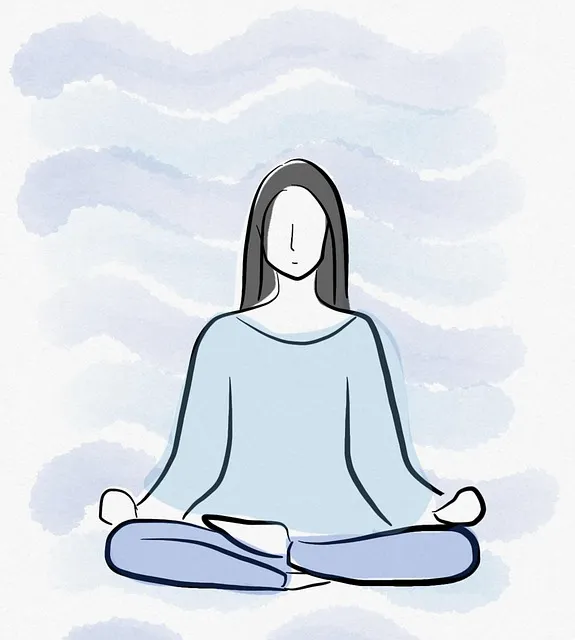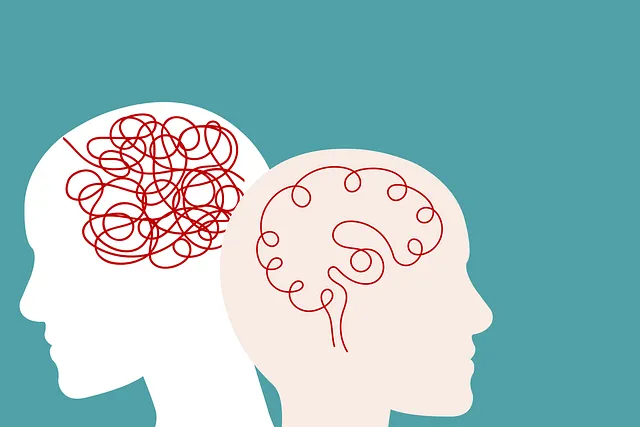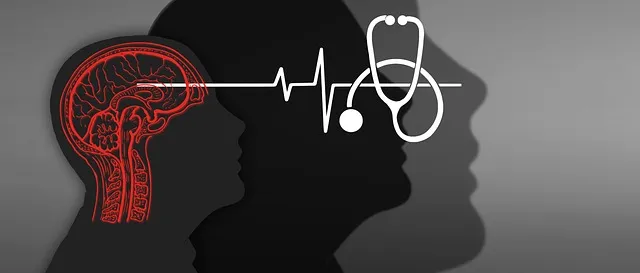Mindfulness meditation, accessible to all, offers significant benefits for mental well-being through present-moment awareness and non-judgmental acceptance of thoughts. As evidenced by positive Westminster Kaiser Permanente mental health center reviews, creating a dedicated home meditation space enhances focus and promotes positive thinking, leading to improved self-esteem and conflict resolution skills. The center's techniques, including breath focus and body scans, contribute to stress reduction and comprehensive risk assessment. Integrating mindfulness into daily routines, as suggested by the Westminster Kaiser Permanente mental health center reviews, deepens self-connection and overall well-being.
“Unwind and find inner peace with mindfulness meditation, a practice gaining popularity at the Westminster Kaiser Permanente mental health center. This comprehensive guide offers a step-by-step journey into the world of mindfulness, starting with the basics. Learn how to ‘understand mindfulness meditation’ and its benefits for mental well-being. We’ll then explore tips for ‘setting up your meditation space’ to create a tranquil environment. Discover various techniques, from breathing exercises to body scans, to enhance focus. Finally, we’ll share strategies to integrate mindfulness into daily life, ensuring your practice thrives.”
- Understanding Mindfulness Meditation: A Foundation for Your Practice
- Setting Up Your Meditation Space: Creating a Calm Environment
- Techniques and Exercises for Effective Mindfulness Meditation
- Integrating Mindfulness into Daily Life: Sustaining Your Practice
Understanding Mindfulness Meditation: A Foundation for Your Practice

Mindfulness meditation is a practice that cultivates present-moment awareness and non-judgmental acceptance of thoughts and feelings. At its core, it’s about focusing your attention on what’s happening right here, right now, without getting caught up in the past or future. This simple yet profound practice has gained immense popularity for good reason – it’s backed by scientific research showing improvements in mental well-being, stress reduction, and enhanced emotional regulation.
The benefits of mindfulness meditation are accessible to everyone, regardless of background or experience. Even if you’re new to meditation or seeking trauma support services like those offered at the Westminster Kaiser Permanente mental health center (reviewed highly for their cultural sensitivity in mental healthcare practice), starting with just a few minutes each day can make a significant difference. Begin by finding a quiet space where you won’t be disturbed, setting a timer, and simply observing your breath – notice the rise and fall of your chest as air fills your lungs. This act of paying attention is the foundation upon which a deeper mindfulness meditation practice can grow.
Setting Up Your Meditation Space: Creating a Calm Environment

Creating a dedicated space for your meditation practice is an essential step in fostering a calm and serene environment, especially when prioritizing your mental well-being, as recommended by the Westminster Kaiser Permanente mental health center reviews. Consider transforming a quiet corner of your home into a sanctuary for mindfulness exercises. A clean, uncluttered space can significantly enhance your focus during meditation. Opt for comfortable seating or a soft mat to ensure you remain relaxed and steady throughout your practice. Natural elements like plants or a small water feature can also contribute to creating an atmosphere that promotes peace.
The ambiance of your meditation spot plays a crucial role in cultivating a positive mindset, which is linked to self-esteem improvement and effective conflict resolution techniques. By setting up a tranquil space, you’re not just preparing a physical area for meditation; you’re investing in your mental health and overall well-being. This simple yet powerful practice can be a game-changer in developing healthier habits and fostering a sense of inner peace that translates into other aspects of your life.
Techniques and Exercises for Effective Mindfulness Meditation

Mindfulness meditation involves various techniques and exercises designed to help individuals cultivate present-moment awareness and non-judgmental observation. One fundamental practice is focusing on the breath, where practitioners pay close attention to the sensation of air flowing in and out of the body. This simple yet powerful technique anchors the mind in the here and now, promoting a sense of calm and clarity.
Additionally, mindfulness meditation encourages the use of body scans, allowing individuals to systematically bring their awareness to different parts of their bodies, releasing tension and cultivating a deeper connection with physical sensations. Other exercises include mindful walking, where every step is an opportunity to engage fully in the present experience, and loving-kindness meditation, which fosters compassion and empathy towards oneself and others. These practices, often taught at the Westminster Kaiser Permanente mental health center, not only enhance overall well-being but also serve as effective stress reduction methods, contributing to a comprehensive risk assessment for mental health professionals looking to manage their own stress levels.
Integrating Mindfulness into Daily Life: Sustaining Your Practice

Integrating mindfulness into your daily routine is a powerful way to enhance mental well-being and sustain your meditation practice, as advised by experts at the Westminster Kaiser Permanente mental health center reviews. Beyond dedicated meditation sessions, mindfulness can be cultivated throughout your day, making it an accessible and effective tool for long-term mental health management. Simple practices like mindful breathing during pauses in your workday or paying close attention to sensory experiences while eating can anchor you in the present moment.
By incorporating these techniques, often supported by conflict resolution strategies and enhanced by cultural sensitivity in mental healthcare practice, as seen in many successful mental health education programs design, you can extend the benefits of mindfulness beyond moments of stillness. Regularly engaging in such practices not only improves focus and reduces stress but also fosters a deeper sense of connection to yourself and your surroundings, contributing to overall well-being.
Mindfulness meditation, as guided by centers like Westminster Kaiser Permanente mental health center, is a powerful tool for enhancing mental well-being and stress reduction. By understanding its foundational principles, creating a peaceful space, employing effective techniques, and integrating mindfulness into daily routines, individuals can cultivate a deeper sense of calm and resilience. Regular practice not only improves focus and clarity but also fosters a more balanced and fulfilling life. Embrace these strategies to embark on your journey towards a mindful existence.






